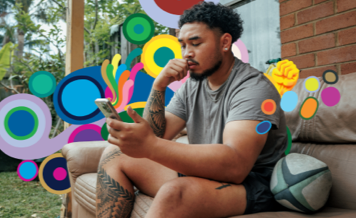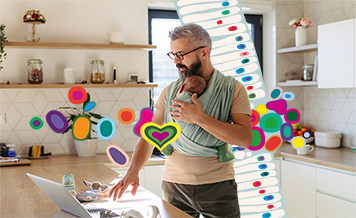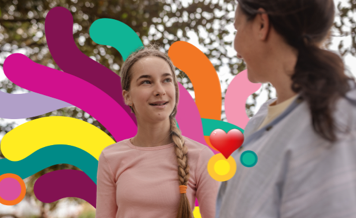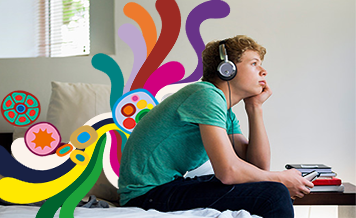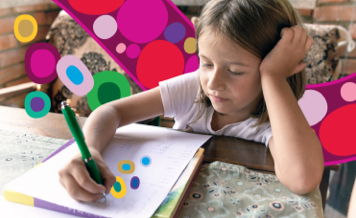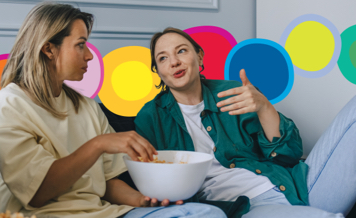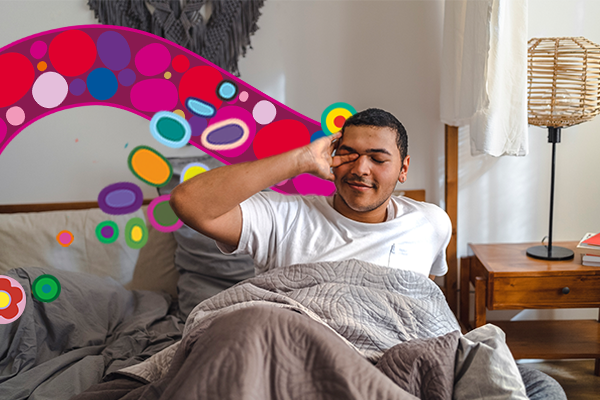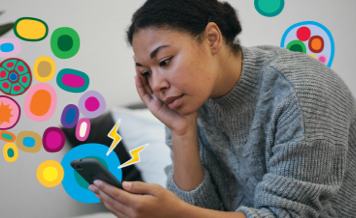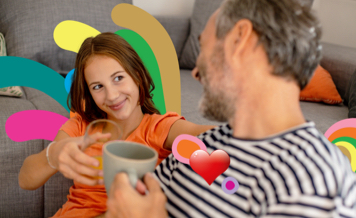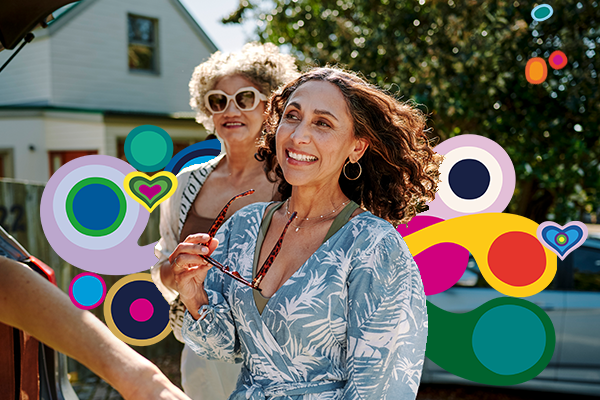Anxiety and depression in older adults

Anxiety in older adults
An older adult is a person aged 60 years or over. According to the World Health Organisation, older adults are at risk of developing mental health conditions. Why? Many older people experience challenges such as reduced mobility, chronic pain and other health difficulties. Often older adults with anxiety will experience a range of symptoms from the categories below:
Behavioural
- Avoiding objects or situations which cause anxiety.
- Urges to perform certain rituals in a bid to relieve anxiety.
- Not being assertive (i.e. avoiding eye contact).
- Difficulty making decisions.
- Being startled easily.
Feelings
- Overwhelmed.
- Fear (particularly when facing certain objects, situations or events).
- Worried about physical symptoms (such as fearing there is an undiagnosed medical
- problem).
- Dread (such as fearing that something bad is going to happen).
- Constantly tense or nervous.
- Uncontrollable or overwhelming panic.
Thoughts
- “I’m going crazy.”
- “I can’t control myself.”
- “I’m about to die.”
- “People are judging me.”
- Upsetting dreams or flashbacks of a traumatic event.
- Find it hard to stop worrying, unwanted or intrusive thoughts.
Physical symptoms
- increased heart rate
- vomiting, nausea or stomach pain
- muscle tension and pain
- feeling detached from your physical self or surroundings.
- trouble sleeping
- sweating or shaking
- dizzy, lightheaded or faint
- numbness or tingling
- hot or cold flushes.

24/7 Medibank Mental Health Support
Medibank health insurance members can chat to a mental health professional about how they feel and ask questions about a range of mental health concerns for themselves or a loved one and get guidance on what they can do next. Chat online or call 1800 644 325 anytime of the day or night, 7 days a week at no extra cost.~
Depression in older adults
An older adult may have depression if, for more than two weeks, he or she has felt sad, down or miserable most of the time or has lost interest or pleasure in most of his or her usual activities, and similar to anxiety, has experienced several of the signs and symptoms across at least three of the categories below.
It's important to remember that everyone experiences some of these symptoms from time to time and it may not necessarily mean that the person is depressed. Equally, not every person who is experiencing depression will have all of these symptoms.
Older adults with depression tend to present with more symptoms from the physical category compared to the other categories. An older adult is more likely to present to their GP with various physical complaints and difficulty sleeping rather than complaints of sadness or low mood.
Behaviours
- General slowing down or restlessness.
- Neglect of responsibilities and self-care.
- Withdrawing from family and friends.
- Decline in day-to-day ability to function, being confused, worried and agitated.
- Inability to find pleasure in any activity.
- Difficulty getting motivated in the morning.
- Behaving out of character.
- Denial of depressive feelings as a defence mechanism.
Thoughts
- Indecisiveness.
- Loss of self-esteem.
- Persistent suicidal thoughts.
- Negative comments like 'I'm a failure, 'It's my fault' or 'Life is not worth living'.
- Excessive concerns about financial situation.
- Perceived change of status within the family.
Feelings
- Moodiness or irritability, which may present as angry or aggressive.
- Sadness, hopelessness or emptiness.
- Overwhelmed.
- Feeling worthless or guilty.
Physical symptoms
- Sleeping more or less than usual.
- Feeling tired all the time.
- Slowed movement.
- Memory problems.
- Unexplained headaches, backache, pain or similar complaints.
- Digestive upsets, nausea, changes in bowel habits.
- Agitation, hand wringing, pacing.
- Loss or change of appetite.
- Significant weight loss (or gain).
Dementia and depression
A study found that up to 40 per cent of people with dementia can experience depression.
When dementia and depression occur at the same time it may be difficult to distinguish between them because the signs and symptoms are similar. However, dementia and depression are very different conditions that require different responses and treatment, so a thorough assessment by a health professional is recommended.
In older people, both personal carers (e.g. a partner, family member or friend) and professional carers are a valuable source of information. Both personal and professional carers should be included in healthcare discussions and assessment where possible.
Where to get help
If your life or someone else’s is in danger, call 000 immediately.
If you’re in distress and need help, call Lifeline on 13 11 14 for 24/7 crisis support.
For non-emergency support, your GP or regular health practitioner is often the best place to start. They will be able to assess your individual situation and recommend the best next steps for your recovery.
Medibank health insurance members can chat to a mental health professional about how they feel and ask questions about a range of mental health concerns for themselves or a loved one and get guidance on what they can do next. Chat online or call 1800 644 325 anytime of the day or night, 7 days a week at no extra cost~.
Remember that help is always available, no matter the situation.
How can we help?
I want to know how my cover supports mental health
I need help and want to talk
Related articles
Things you need to know
~Some referred services may involve out of pocket costs and waiting periods may apply.
While we hope you find this information helpful, please note that it is general in nature. It is not health advice, and is not tailored to meet your individual health needs. You should always consult a trusted health professional before making decisions about your health care. While we have prepared the information carefully, we can’t guarantee that it is accurate, complete or up-to-date. And while we may mention goods or services provided by others, we aren’t specifically endorsing them and can’t accept responsibility for them. For these reasons we are unable to accept responsibility for any loss that may be sustained from acting on this information (subject to applicable consumer guarantees).

